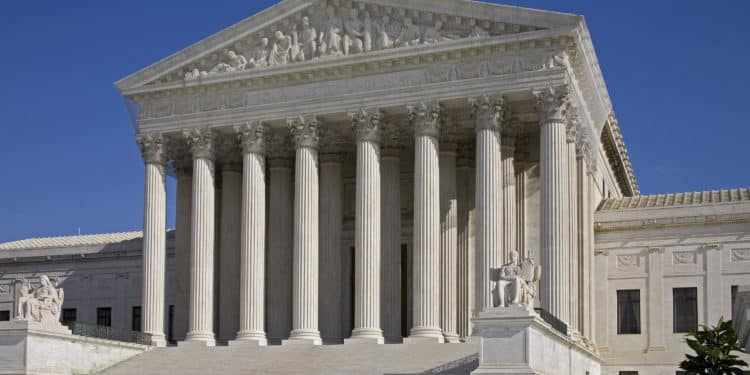On April 9, Supreme Court Chief Justice John Roberts granted an emergency stay allowing for the termination of Merit Systems Protection Board (MSPB) chair Cathy Harris while her lawsuit challenging her termination works its way through the courts. This means that the MSPB, the quasi-judicial agency which oversees retaliation cases for federal employee whistleblowers, is once again without a quorum needed to issue decisions.
“The removal of Cathy Harris from the MSPB creates a crisis for federal employee whistleblowers,” says whistleblower attorney David Colapinto of Kohn, Kohn & Colapinto. “Federal employees are required to exclusively seek relief through the MSPB and without a quorum the Board is unable to issue final decisions in whistleblower retaliation cases. Whistleblowers who are fired for speaking up about waste, fraud or abuse within the federal government will now be left with no realistic recourse.”
Harris was fired by President Trump on February 10. She quickly challenged her termination, claiming it was illegal because under federal law, members of the MSPB may be removed from office “only for inefficiency, neglect of duty, or malfeasance in office.”
On April 7, the full U.S. Court of Appeals for the District of Columbia Circuit issued a ruling temporarily reinstating Harris. The court voted 7-4 to vacate an earlier ruling from a three-judge panel on the court which had upheld the firing.
The Trump administration has argued that that statute is unconstitutional and impedes on the Executive power of the president. However, according to the DC Circuit, while the Supreme Court has found certain laws with removal protections unconstitutional, it “has repeatedly stated that it was not overturning the precedent established in Humphrey’s Executor and Wiener for multimember adjudicatory bodies.”
Thus, the DC Circuit ruled that “the Supreme Court’s repeated and recent statements that Humphrey’s Executor and Wiener remain precedential require denying the government’s emergency motions for a stay pending appeal.”
Chief Justice Roberts, however, decided to grant the stay sought by the Trump administration.
This means that the MSPB is without the two members needed for a quorum, meaning it is unable to issue final rulings in whistleblower retaliation cases.
For a period of five years from 2017 through 2022, the MSPB lacked a quorum. By the time quorum was established, the Board faced a backlog of over 3,500 cases. Some whistleblowers, whose cases already faced lengthy delays prior to the loss of quorum, saw their retaliation cases stretch on for over a decade.
The fact that federal employees are unable to have their cases heard in federal court and entirely reliant on the MSPB for whistleblower retaliation cases, has been heavily criticized by whistleblower advocates for years. They argue that federal employees deserve the right to a jury trial, given the lengthy delays and vulnerability to political pressure that comes with the MSPB.
On March 26, Senator Richard Blumenthal (D-CT) introduced the Congressional Whistleblower Protection Act of 2025, which gives access to jury trials to federal employee whistleblowers who face retaliation for providing information to Congress.
The passage of the Congressional Whistleblower Protection Act is one of the major campaigns of the National Whistleblower Center (NWC).


